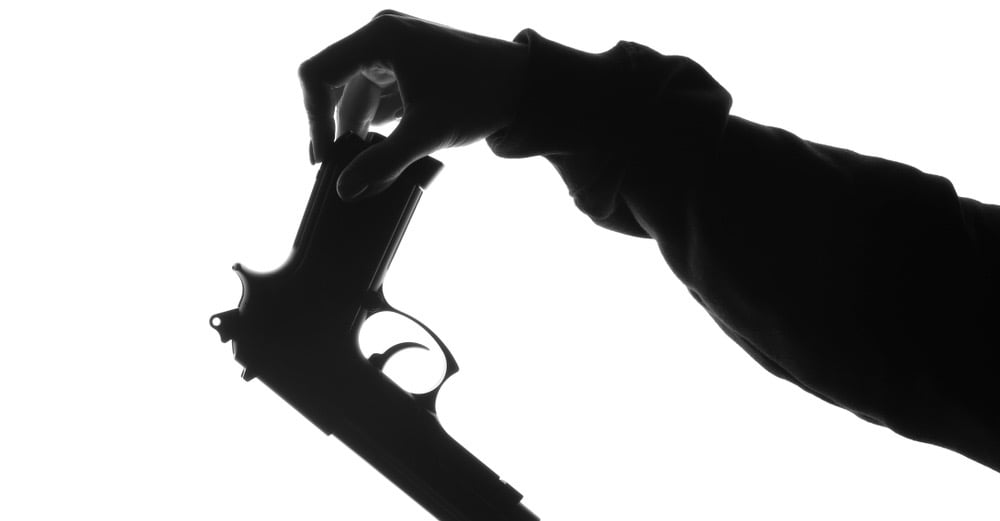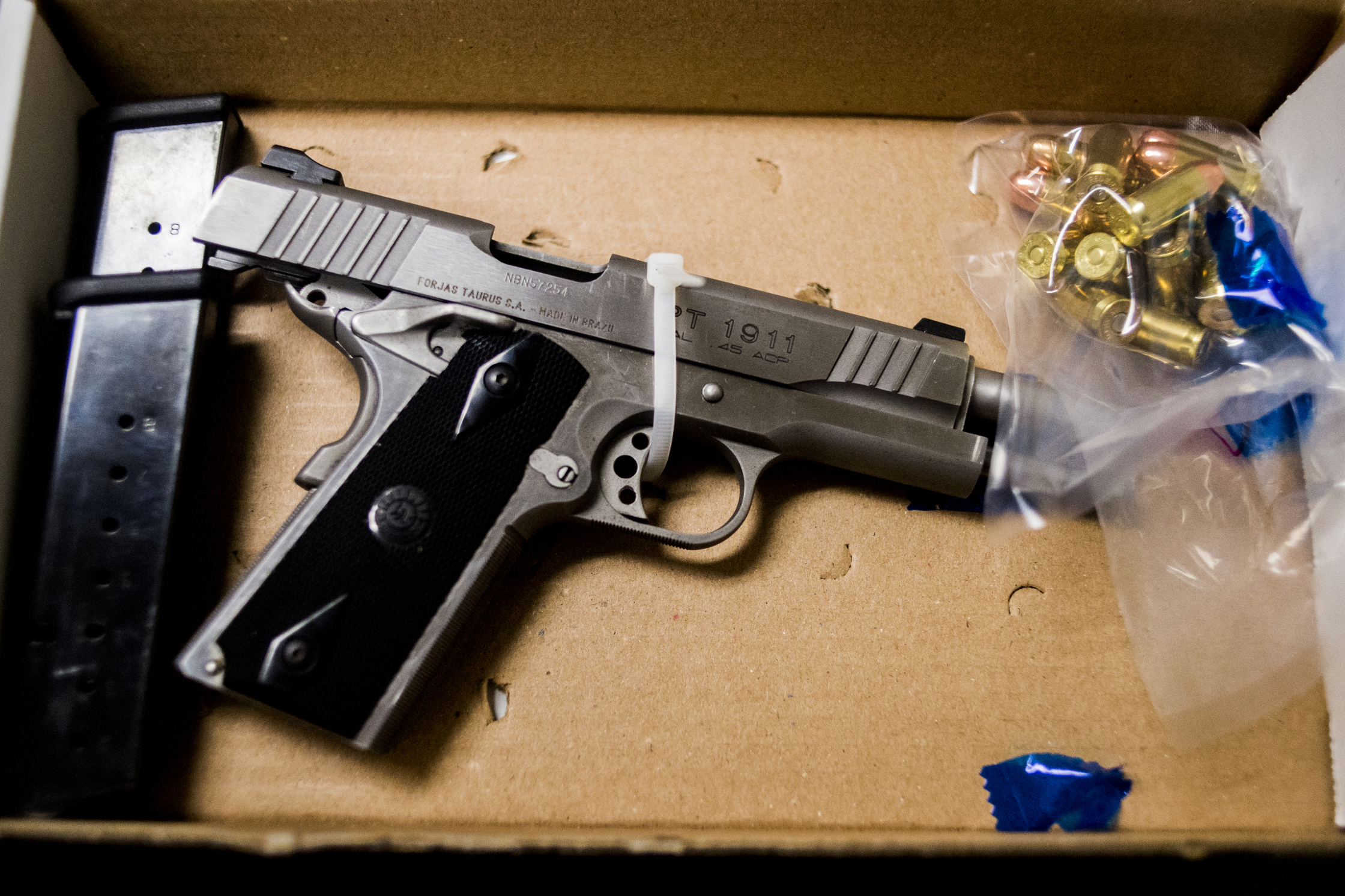A bill advancing in the Virginia General Assembly would allow people to voluntarily waive their right to buy a gun as a protection against firearm suicide. It’s an updated version of a first-of-its-kind law enacted in Washington State last year.
As The Trace reported in October, many local officials responsible for administering waivers there didn’t know the law existed or didn’t have the waivers on hand. As a result, the Washington law has seldom been used.
Fredrick Vars, the University of Alabama law professor who came up with the idea in 2013 and is responsible for proposing it to legislators in both states, said the shortfalls highlighted by The Trace’s reporting led him to revise the pitch he brings to state legislators across the country.
Like the Washington measure, the Virginia bill creates a list of prohibited firearm purchasers. People concerned about their risk of buying and misusing a firearm would be able to register with the State Police to be added to the list. They could also request to be removed from the list, but would have to wait 21 days to have their purchasing rights restored.
The Virginia bill includes two major tweaks different from its Washington counterpart: It allows interested parties to mail in their waivers and includes a requirement that medical licensing boards inform their members about the law’s existence. Vars said he hopes the two changes will improve public awareness of the law.
Firearm suicides make up nearly two thirds of all firearms deaths in the United States, and nearly half of all suicides. In 2018, the latest year for which data is available, more than 24,000 people died from gun suicides.
A 2016 survey conducted by Vars and three colleagues found that psychiatric patients were generally receptive to the idea of temporarily forfeiting their Second Amendment rights to ensure their own safety. Roughly 46 percent of 200 psychiatric patients surveyed in the Alabama study said they’d be willing to place themselves on a do-not-sell list.
“People go through good times and bad,” Vars told The Roanoke Times. “In those good times when they can make better decisions, you can provide them opportunities to limit harm to themselves during the bad times.”
The bill passed the Virginia Senate on February 10, but has yet to clear the House of Delegates. In addition to Virginia, nine state legislatures have considered proposals for do-not-sell lists. Bills in Utah and Illinois are active.
Notably absent from all of this pending legislation, including in Virginia, is any official commitment to fund public outreach. Vars told The Trace that many legislators have expressed concern about adding costs that might kill a bill’s chance of passage.
“I would absolutely love for there to be more outreach,” he said. But the bills, he added, must first and foremost become law.


